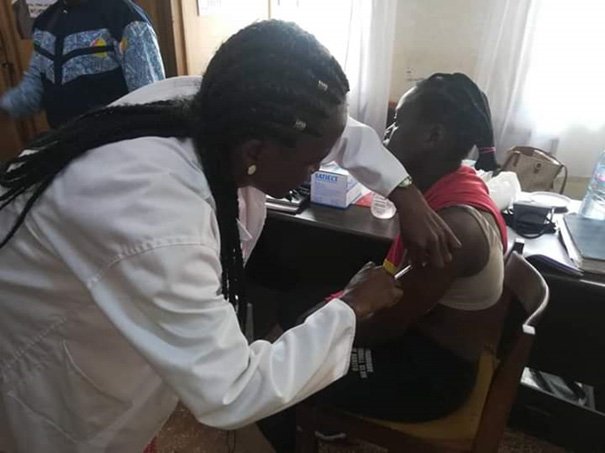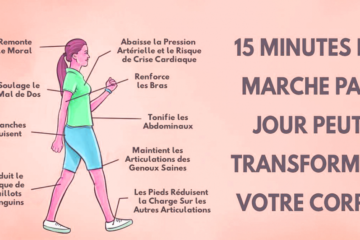Ngaoundéré 2023 University Games : Participants immunised against meningitis

The Medical and Social Centre of the University of Yaounde II, has administered about 400 doses of vaccine to staff and athletes selected for the Ngaoundere 2023 University Games.
Elvis Serge NSAA
Meningitis is an inflammation of the tissue surrounding the brain and spinal cord. Within the framework of the 2023 university games, the health aspect has been taken into account by the medical team of the National Federation of University Sports (FENASU). As far as the University of Yaounde II is concerned, the staff and athletes have been immunised against meningitis. Indeed, a team from the International Vaccination Centre went to the Soa campus for the occasion. After individual identification on the basis of lists signed by the rector, the athlete or manager received the vaccine. About 400 doses of the vaccine were administered. The new vaccine has an efficacy of 90-95% for at least a few years. However, the effectiveness of the vaccine in the longer term has not yet been demonstrated because experience with the vaccine is still recent. The number of additional doses to significantly reduce the risk up to the age of 20 is therefore not yet known.
Meningococcal vaccines are recommended for people who are at higher risk of infection because of an underlying health problem and for those who are at higher risk of exposure than the general population. According to Dr Nganné, meningitis is an inflammation of the membranes
covering the brain. It is most often the result of a viral or bacterial infection. Although the disease is present throughout
the year, there are seasonal variations: most cases occur during the dry season in tropical regions. A notable area is the ‘meningitis belt’ of sub-Saharan Africa where the majority of cases occur between December and June. Viral meningitis, which sometimes occurs after mumps, is not very dangerous. Bacterial meningitis, on the other hand, can be serious, but responds well to antibiotics if diagnosed early enough. In recent years, there have been several cases of fatal bacterial meningitis in children, although the risk of infection remains low. For this reason, the Swiss Commission for Vaccinations and the FOPH do not currently recommend the vaccination of entire population groups, despite the recent introduction of a new vaccine. However, vaccination may be recommended in specific situations. Muscle pain Early detection of, and rapid response
to, signs of the disease is important, however, even after vaccination, which does not protect
against all meningitis agents. Inflammation of the meninges (meningitis) can be caused by bacteria or viruses. It can lead to death or permanent damage. Meningococci do not always lead to meningeal inflammation. They often also produce a generalised
blood infection (septicaemia) which can lead to serious consequences and even death within hours. Early detection of the disease is important, but not easy, as the symptoms can vary from person to person and are rarely all present. Fever and often vomiting are among them and are often the only signs present in young children. Other symptoms of the disease include headache, rash, muscle pain, general poor condition, neck stiffness,
and, later, disturbances of consciousness and, as a major warning sign, petechiae (punctiform
bleeding of the skin). At the slightest suspicion, parents should seek prompt medical attention and, based on their clinical
assessment, have the child hospitalised if necessary. Early detection of, and rapid response to, signs of the disease is still important,
even after vaccination, as vaccination does not protect against all meningitis agents.















